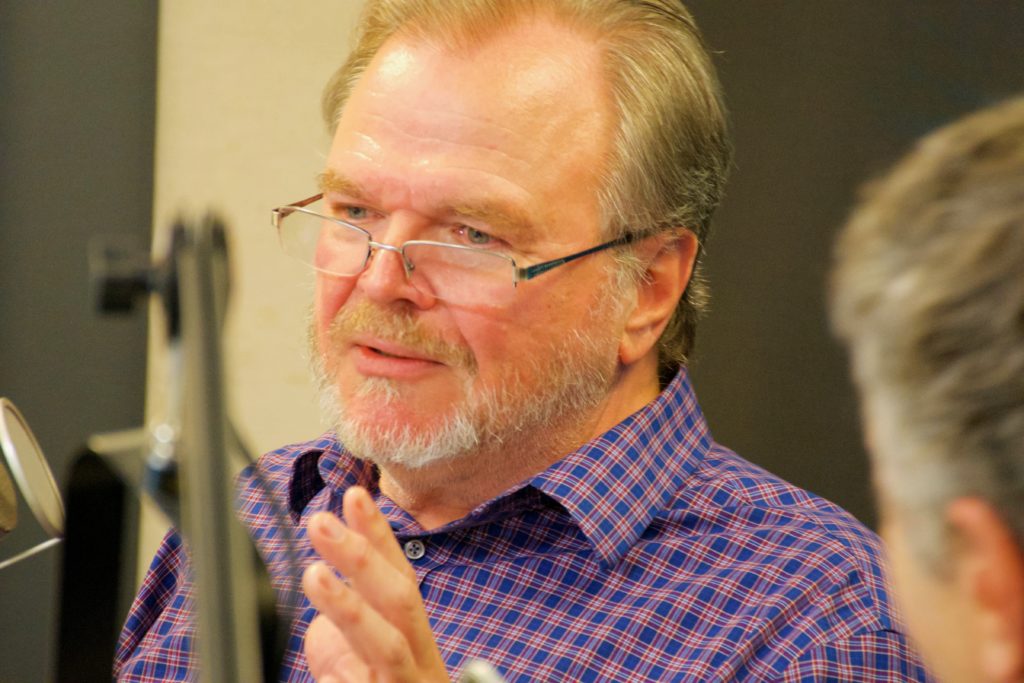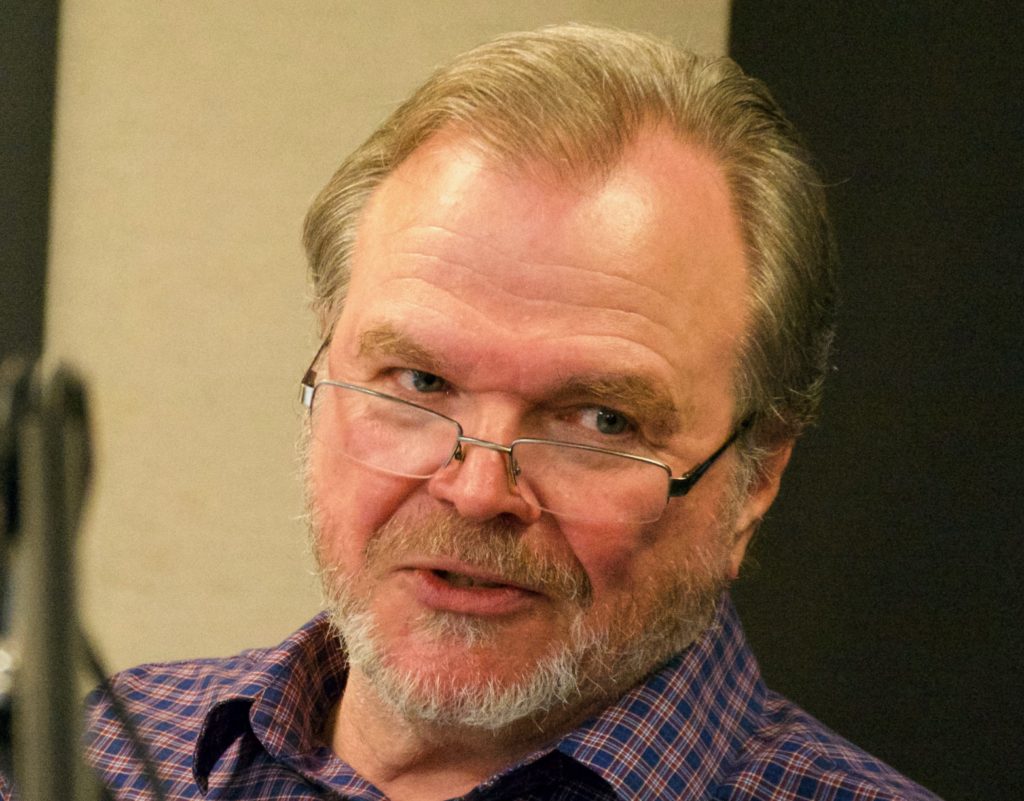Michael Medved
Michael Medved is a nationally syndicated radio host, best-selling author, and veteran film critic. His daily three-hour broadcast reaches more than 3.5 million listeners on more than 200 stations across the country – drawing an audience that consistently ranks his show as one of the top ten political talk shows in the United States.
The CSC
Discovery Institute’s Center for Science and Culture advances the understanding that human beings and nature are the result of intelligent design rather than a blind and undirected process. We seek long-term scientific and cultural change through research, education, and advocacy of academic freedom.






